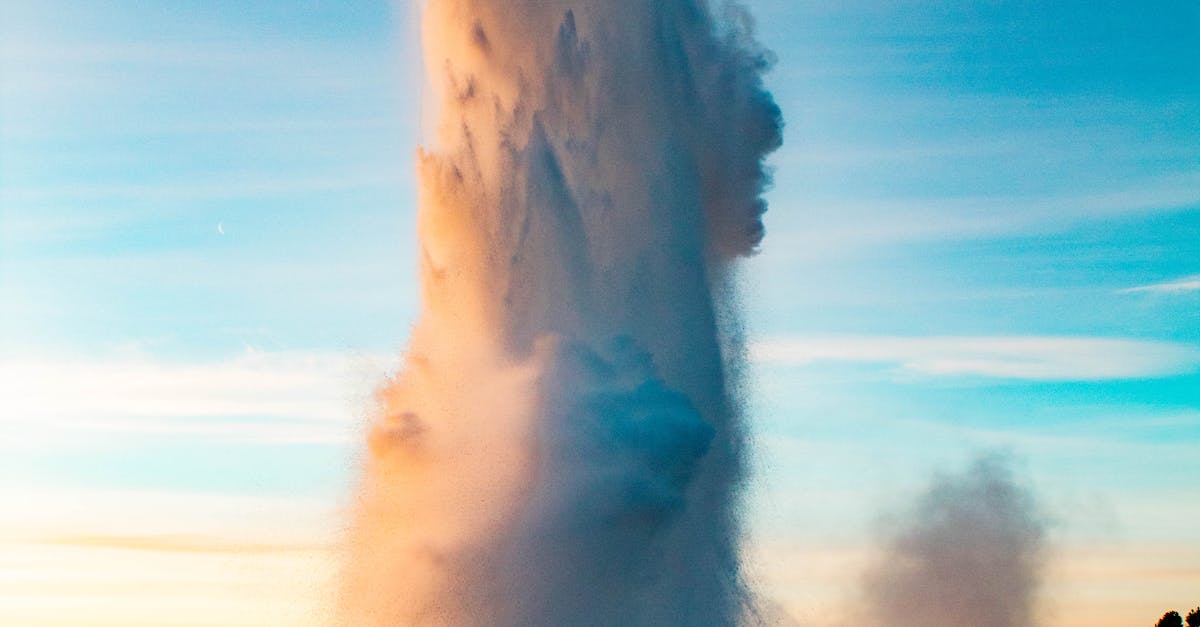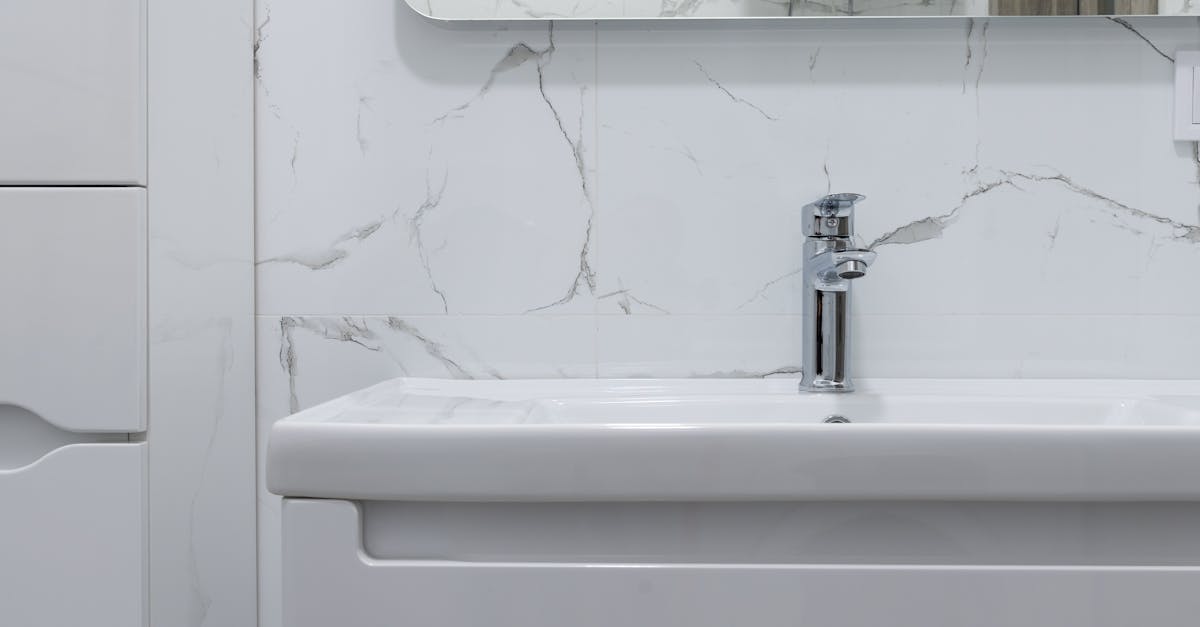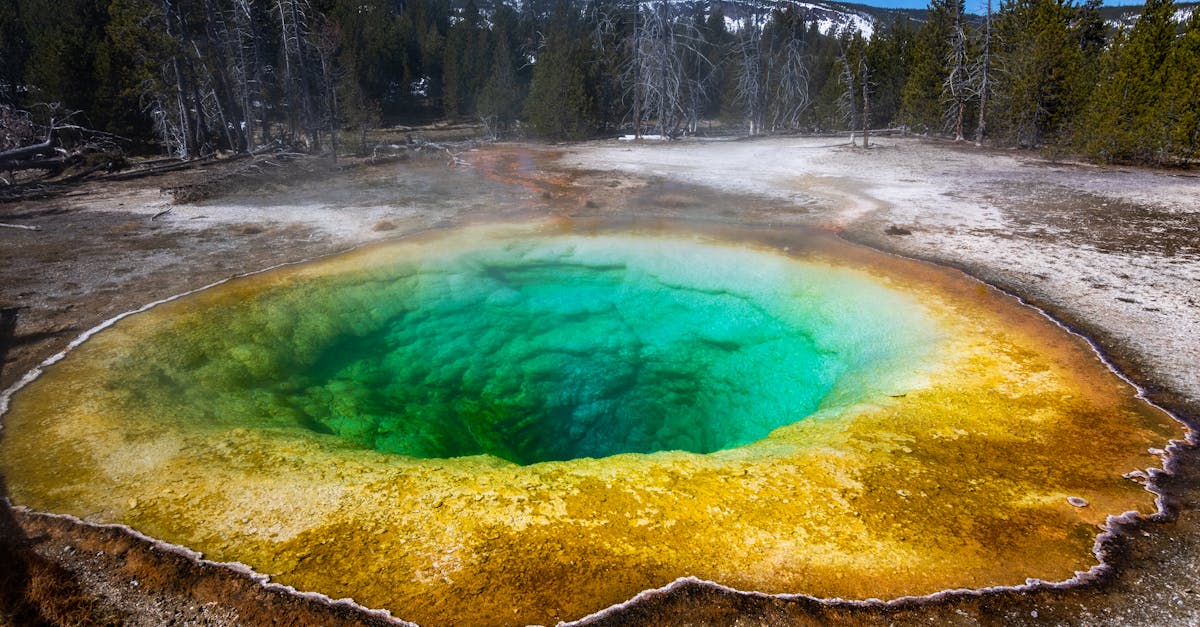
Table Of Contents
Troubleshooting Hot Water Temperature
Are you facing the frustrating issue of lukewarm water when you were expecting a hot shower? Hot water is essential for daily tasks, and a sudden change in temperature can disrupt your routine. When encountering this problem, it's time to dive into Hot Water System Troubleshooting to pinpoint the underlying cause.
The first step in troubleshooting hot water temperature is to check the thermostat setting on your water heater. Ensure it is set at the desired temperature and hasn't been accidentally adjusted lower. Additionally, examine the heating element to see if it requires any adjustments or replacements. These initial checks can often reveal simple solutions to restore your hot water system to its optimal performance.
Flushing the Water Heater
Flushing your water heater is a crucial step in resolving issues with lukewarm hot water. Over time, sediment such as minerals and debris can build up in the tank, affecting the system's efficiency. Flushing the water heater involves draining out the water to remove any accumulated sediment, thereby improving the heat transfer process and restoring your hot water system to optimal performance.
To flush your water heater, begin by turning off the power supply and cold water inlet valve to the system. Connect a hose to the drain valve at the base of the tank and position the other end in a suitable drainage location. Open the pressure relief valve and start draining the water from the tank. Allow the tank to drain completely to ensure all sediment is removed. Once the tank is empty, close the drain valve, refill the tank, and restore power to the water heater. This simple maintenance task can greatly enhance the efficiency and lifespan of your hot water system.
Maintaining Hot Water Temperature
To maintain the hot water temperature in your home, it is essential to regularly check the thermostat on your water heater. Ensure that it is set to the desired temperature according to the manufacturer's recommendations. Remember that temperatures that are too high can not only lead to scalding but also result in unnecessary energy consumption. Additionally, check for any leaks in the hot water system that could be affecting the temperature of the water.
Hot Water System Troubleshooting also involves insulating your hot water pipes to prevent heat loss as the water travels from the heater to the taps. Insulation can help retain the heat, ensuring that your water remains hot for longer periods without the need for constant reheating. Moreover, insulating the pipes can also reduce energy costs by maintaining the desired water temperature more efficiently.
Regular Inspections and Maintenance
Regular inspections and maintenance are crucial for ensuring that your hot water system continues to function effectively. This proactive approach can help in identifying any potential issues early on and prevent any major malfunctions down the track. It is recommended to schedule regular inspections by a qualified professional to check for any leaks, corrosion, or sediment buildup in the system. By staying on top of maintenance tasks, you can extend the lifespan of your hot water system and ensure that it operates at its optimum efficiency.
Hot water system troubleshooting should be a routine part of your home maintenance practices. Regularly checking and maintaining your hot water system can save you from unexpected breakdowns and costly repairs in the future. Simple tasks such as checking for leaks, adjusting the temperature setting, and flushing the system can go a long way in ensuring that you have a consistent supply of hot water when you need it. By making inspections and maintenance a priority, you can have peace of mind knowing that your hot water system is running smoothly and efficiently.
When to Seek Professional Help
When troubleshooting your hot water system, if you find that the water temperature remains inconsistent or you are unable to resolve the issue despite attempting basic maintenance actions, it might be time to seek professional assistance. Licensed plumbers are equipped with the expertise to diagnose complex problems accurately and provide effective solutions. Ignoring persistent issues with your hot water system might lead to further damage or decreased efficiency, resulting in higher energy bills. Additionally, professional plumbers will ensure that all safety measures are adhered to while addressing the problem, giving you peace of mind.
It is advisable to seek professional help if you are experiencing unusual noises coming from the water heater, leaks around the unit, or a complete lack of hot water despite having power to the system. These signs could indicate underlying issues that require immediate attention from a qualified plumber. By engaging a professional, you can avoid potential dangers associated with faulty hot water systems and extend the lifespan of your equipment through prompt and effective repairs. Remember, maintaining the functionality of your hot water system is essential for the comfort and convenience of your household.
Calling in a Licensed Plumber
Calling in a licensed plumber can be the most prudent step when experiencing persistent hot water issues, despite trying several troubleshooting methods. Plumbers possess the expertise to diagnose and resolve complex problems related to hot water systems efficiently. When basic troubleshooting fails to rectify the warm water issue, seeking professional help ensures a comprehensive evaluation of the hot water system.
Professional plumbers have the necessary tools and knowledge to detect underlying issues in the hot water system accurately. By engaging a licensed plumber, homeowners can benefit from a systematic assessment of the hot water system. In cases where DIY efforts yield no improvement, it is advisable to reach out to a professional plumber for detailed Hot Water System Troubleshooting.
FAQS
Why is my hot water only warm?
There could be several reasons why your hot water is not as hot as you'd like. It could be due to sediment buildup in the water heater, a faulty heating element, a malfunctioning thermostat, or even an issue with the water supply itself.
How can I troubleshoot the temperature of my hot water?
Start by checking the temperature setting on your water heater. Ensure it is set to the desired temperature. If that doesn't solve the issue, try flushing the water heater to remove any sediment that may be affecting its performance.
How do I flush my water heater?
To flush your water heater, turn off the power or gas supply to the heater and connect a hose to the drain valve at the bottom of the tank. Open the valve and let the water run until it appears clear. This process helps remove sediment and improve the heater's efficiency.
What can I do to maintain the temperature of my hot water?
Regularly inspect and maintain your water heater to ensure it operates efficiently. This includes checking for leaks, testing the pressure relief valve, and monitoring the temperature settings. Performing these tasks can help avoid issues with water temperature.
When should I seek professional help for my hot water issues?
If you've tried troubleshooting and maintenance tips but still experience problems with your hot water temperature, it may be time to call in a licensed plumber. A professional can diagnose the issue accurately and recommend the necessary repairs or replacements to restore your hot water to its desired temperature.





























